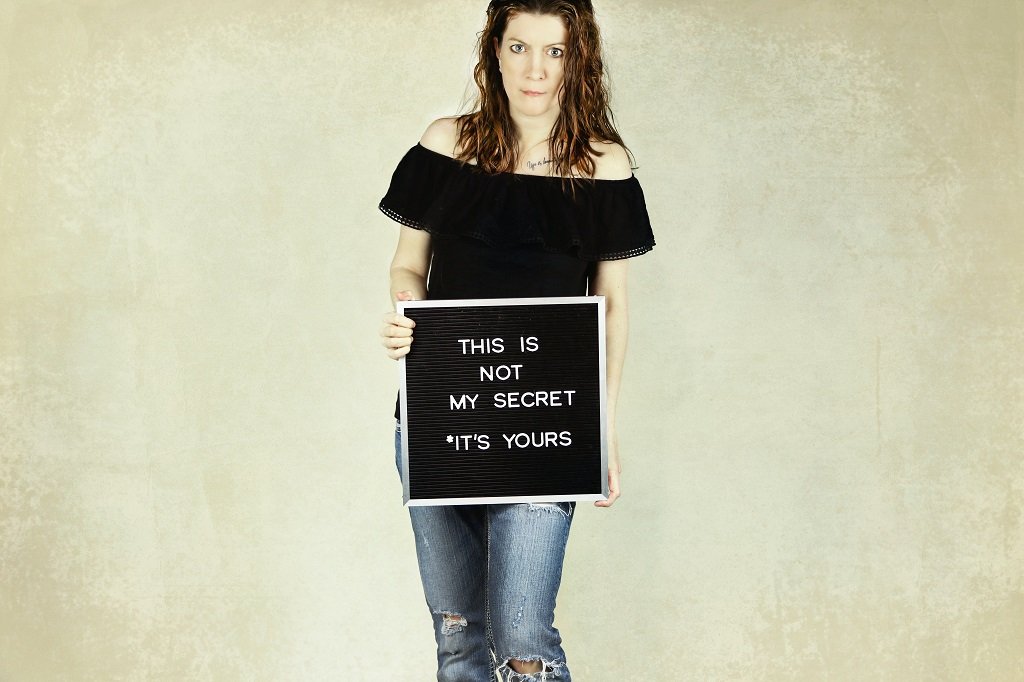How to recover from being the family scapegoat
Photo by Jen Theodore on Unsplash
If you played the role of family scapegoat, others targeted you for shame, blame, and abuse to avoid looking at themselves and their own problems.
Either consciously or unconsciously your family launched a campaign against you which may have started when you were very young. Your only crime was being mentally and emotionally strong enough the bear the burden of such abuse.
It's small consolation that scapegoating selects the most sensitive and emotionally intelligent family member to play the role. As a result, you've likely suffered huge hits to your self-worth that play out in all areas of your life.
I liken the family scapegoat to the child in the Emperor's New Clothes. He's pointing out the blatant truth while everyone else goes along with the lie for fear of rejection or alienation by the group.
If you're the scapegoat in your family, you know the signs and symptoms. But if you're unsure, click here to learn more.
The scapegoat's role
The scapegoat poses a threat to the family system because, like the child who points out the emperor's nakedness, he sees through the family's dysfunction.
He refuses to go along with the accepted narrative and therefore threatens to expose the lies they've kept hidden for so long.
Scapegoated children can find themselves the subject of a campaign to discredit them. By framing them as mentally unstable, wrong, deficient or trouble making, the family removes the chance of its dynamic changing.
They sacrifice the scapegoat to save the dysfunctional family.
Scapegoating has biblical origins and refers to the goat set free into the wilderness to carry away the sins of the group on its small shoulders. It was not killed like its counterpart, the blood sacrifice.
So, although it may not feel this way, there is freedom in being scapegoated. Once acknowledged, that distance from the family system will help you heal from the abuse and move forward. Here's how:
1. Set boundaries with your family.
If your family has been abusing you, either physically or emotionally, you have the right to protect yourself. You can stand up and refuse to tolerate scapegoating any longer.
You may decide to walk away rather than attempt to fit yourself into an impossible relationship. If so, find out how to go no contact here.
2. Give up the idea they will change.
Refuse to be surprised by behavior that’s been going on as long you can remember. Give up the magical thinking that if you only get through to them, they will see the light.
That's not going to happen. More likely, they will double down on making you wrong, which will hinder your recovery.
Instead of hoping for something you’ll never receive, move forward, and forge a new identity based on the truth of who you are.
3. Transform your inner critic.
You've probably internalized a harsh inner critic, and it's time to cultivate a compassionate self advocate.
You are not bad, wrong, fatally flawed, or unlovable. To remind yourself of this, make a list of your good qualities and read it to yourself often.
Understand you’ve been punished disproportionately to anything you've done. Most often, you were targeted simply for telling the truth.
4. Reparent yourself.
Reparenting means giving yourself the care and attention you missed from your parents. It may feel difficult at first due to an internalized self-critic, but it is possible.
Spend time getting to know yourself, journaling, going for walks, or taking yourself on a date. Find out healthy ways to self-soothe and consider what you need and what makes you feel good.
5. Forgive.
This may take a long time and can be done without your abusers ever knowing. It does not mean you condone your abusers' behavior but acknowledge that you can’t change the past.
It means you no longer feel triggered by the memories of what they did to you. As you rejoice in your personal growth, you may even begin to feel pity for the way they stay stuck in old patterns.
That's because your courage to establish an independent identity has given you unlimited possibilities for freedom and happiness.
For more healing strategies, watch the free masterclass "4-Step Process for Healing Your Childhood Trauma".


